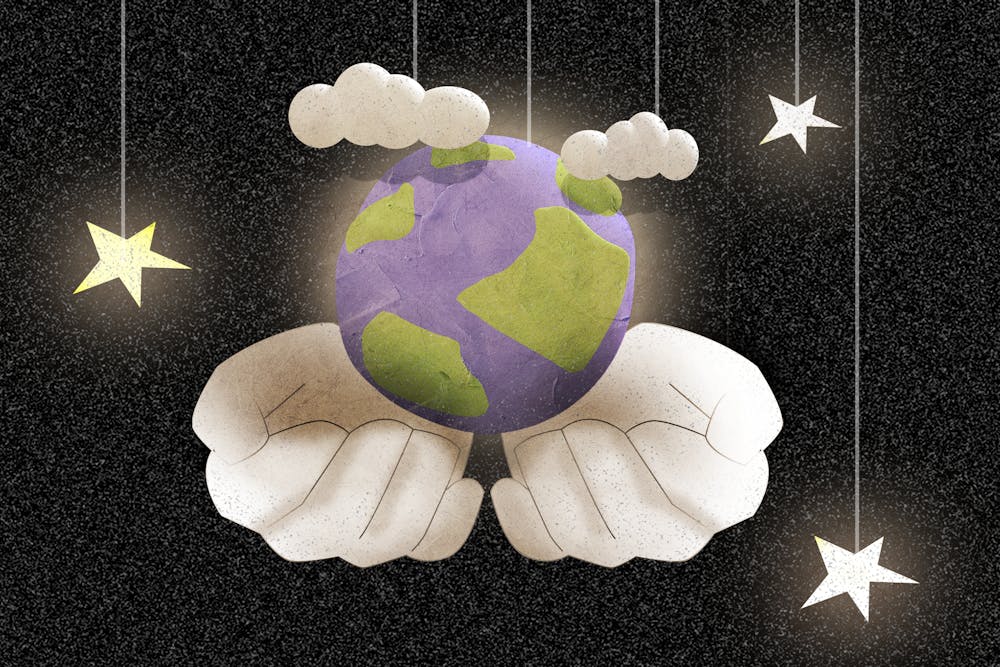To recognize Earth Day, which occurs on April 22 each year, environmental experts at UNC shared today’s biggest climate crisis concerns, including air quality, weather events and the crisis' impact on marine life.
William Vizuete, a professor in the environmental sciences and engineering department, said combustion from cars, power plants, natural gas, wildfires and other things that burn release particulate matter into our atmosphere, contributing to poor air quality and climate change.
Particulate matter, or aerosols, are also formed via chemistry in the atmosphere. Vizuete said this makes them very hard to regulate, but tracking their size and composition is important for determining the cooling and heating of the Earth.
Air quality research is also important for protecting people from disease, especially in poor communities.
"Six to eight million premature deaths occur worldwide due to exposure to air pollution,” Vizuete said. “90 to 95 percent of those deaths occur in low and middle-income countries.”
Air quality researchers have developed computer simulations of the Earth’s atmosphere and Vizuete said they are working to discover the chemistry that occurs, so they can accurately predict the formation of these aerosols.
Paul Taillie, assistant professor of geography, said that rising global climates caused by greenhouse gas emissions are also resulting in more extreme heat waves, droughts and tropical storms. He studies the impact of these extreme weather events on animals, specifically in the coastal region.
Taillie said that coastal islands are important because they sequester carbon and protect our land from storm surges during hurricanes. They are also habitats for fisheries and other marine life.
“A lot of the salt marshes and coastal communities occur in a very narrow band along the coast, so a little bit of sea level rise or habitat loss can be large in proportion to the amount that’s there to begin with,” he said.



